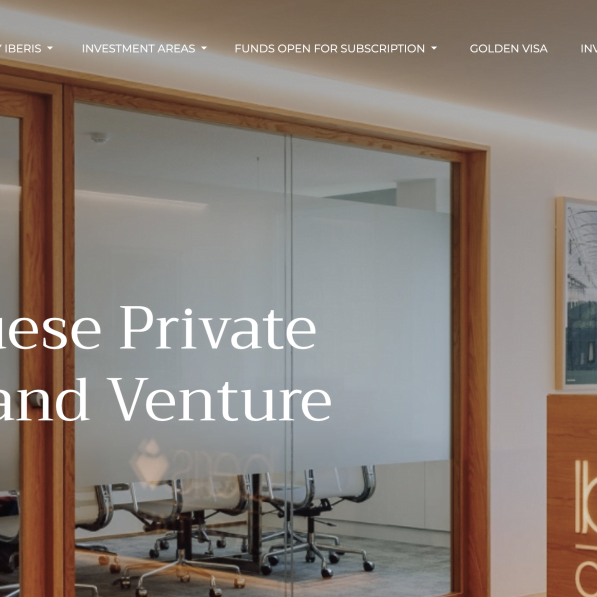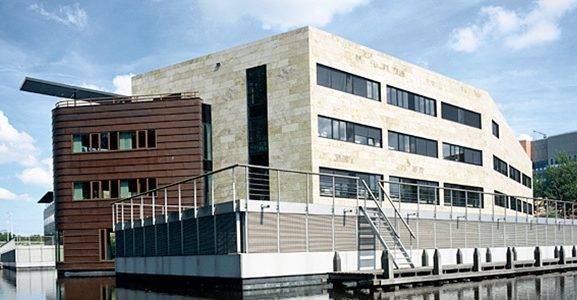Top Private Equity Firms Portugal List 2024 Private Equity Portugal


Top Private Equity Firms Portugal 2024 Private Equity Portugal
Although less satuated than other markets, Private equity in Portugal has gained significant traction over the last few years, as investors increasingly turn their attention to this growing market which also has favourable terms for relocation.
The Portuguese PE market has been attracting a wide range of investors, including international and domestic players, offering promising investment opportunities across various sectors such as technology, telco, energy, infrastructure, and real estate.
So, with that in mind, welcome to our Private Equity Portugal Guide to the Top Private Equity Firms Portugal has to offer who are active right now.






Top Private Equity Firms Portugal Private Equity Portugal Guide































